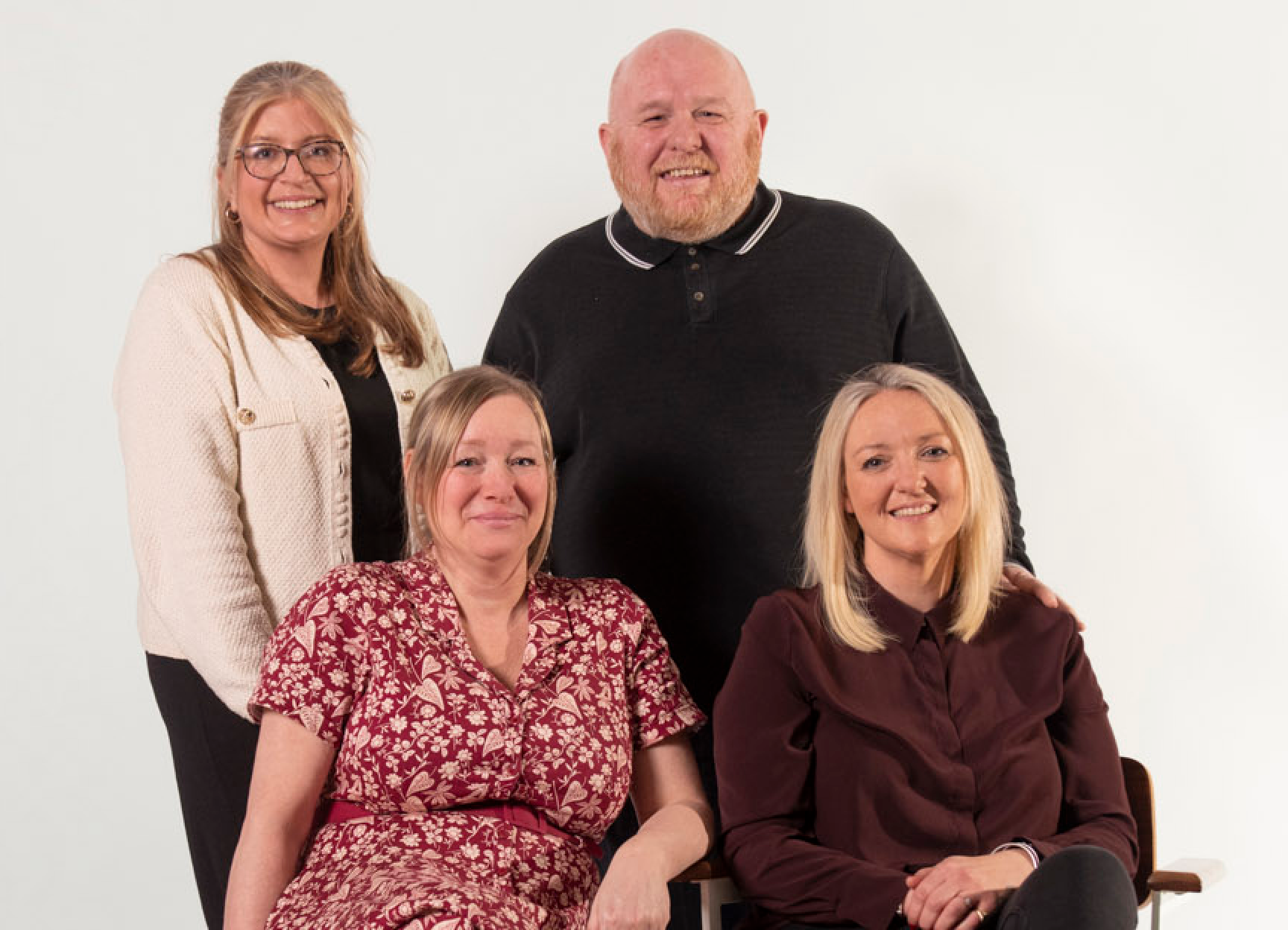
Dr. Charles Armitage
Co-founder and CEO
Charles is a doctor who traded his stethoscope for a spreadsheet to co-found Florence. His favourite part of being a doctor was the camaraderie with the nursing staff, who he describes as resilient and hilarious. Charles was motivated to start Florence after seeing the challenges healthcare workers face firsthand. Known for his problem-solving skills and love for data, Charles is determined to build a company that transforms lives. When he’s not leading Florence, you can find him gardening with his dog, Rosie, who is undoubtedly the real CEO.




